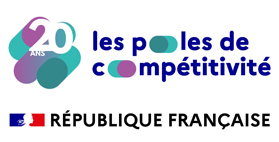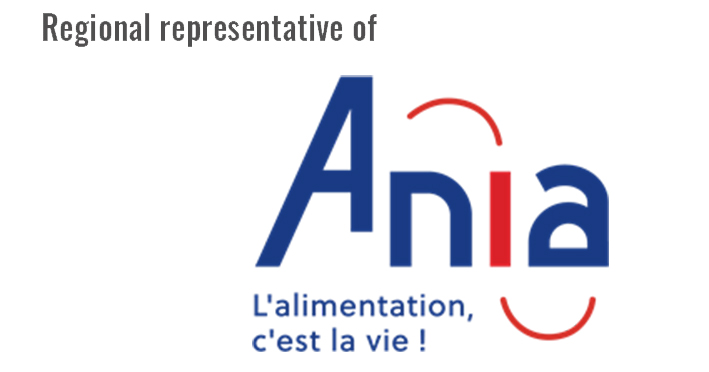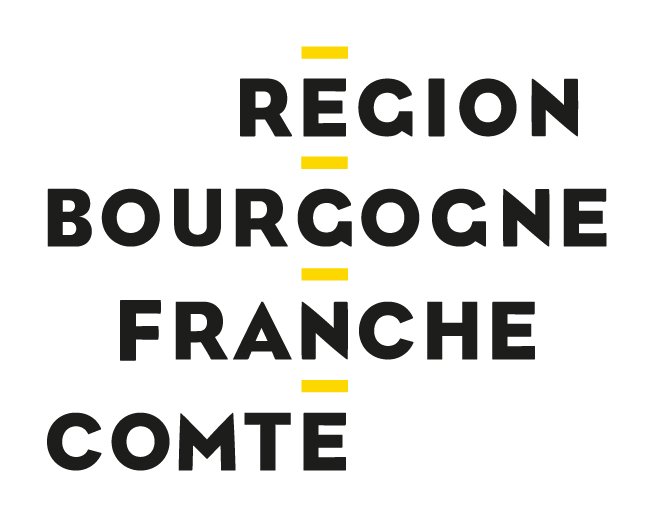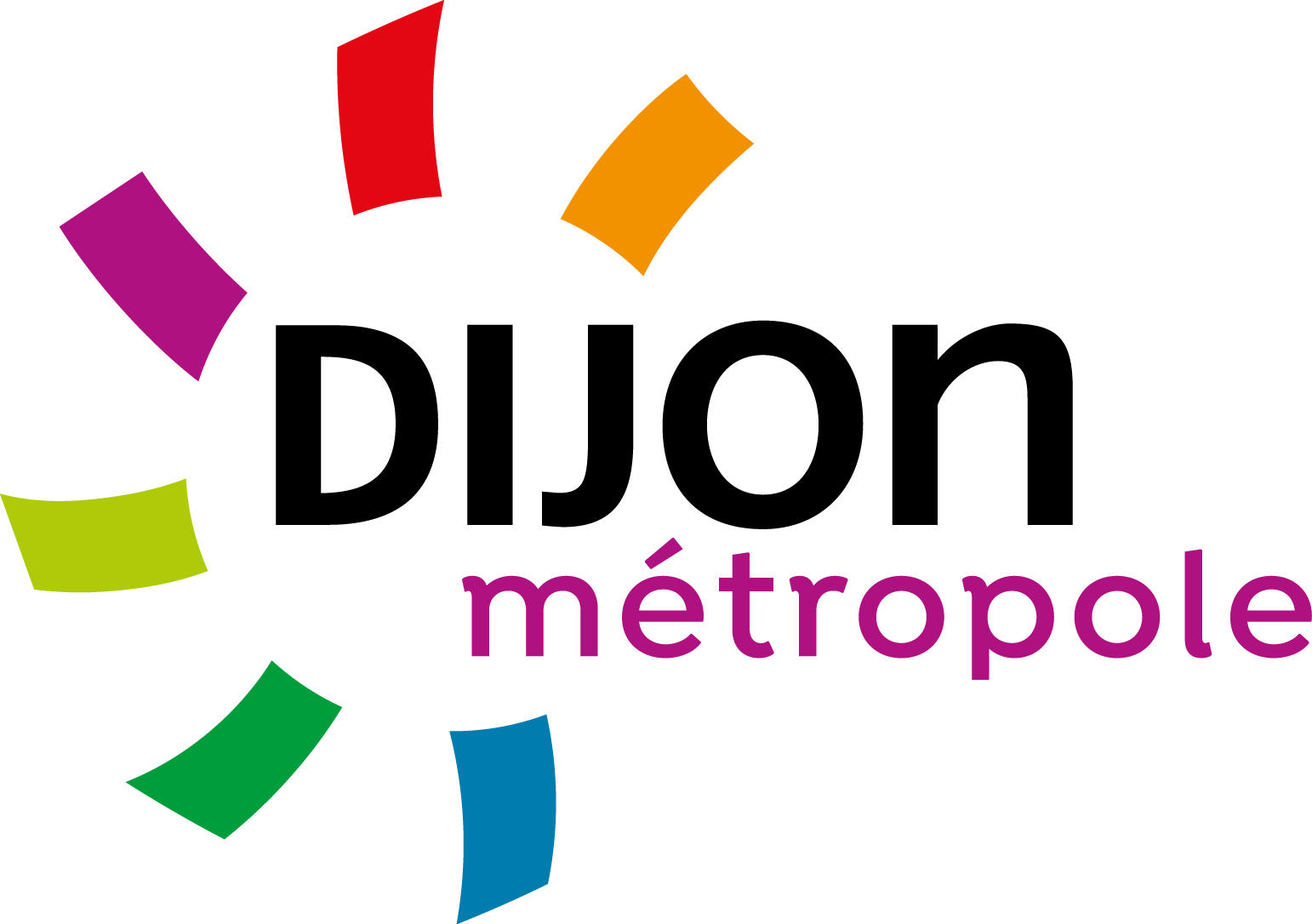26 May 2020
European regulations - use caution with your sensory claims

A "more creamy" yoghurt, a chocolat bar with "even crunchier nuts", a "refreshing" chewing gum, an "even more delicious" recipe for a ready meal, a "delicately floral" coffee flavour etc. A large number of food brands are using packaging to vaunt the sensory aspects of their products in order to stand out in crowded supermarket aisles.
What type of messages are covered by the European regulations on sensory claims? How can you use them? What do they prove? Eric Teillet, scientific director of Sensostat and a specialist in sensory analysis, provides us with a few guidelines.
Understanding sensory claims
Sensory claims are messaging present on food packaging and product advertising that accentuates the organoleptic properties of the food and its components. For example, a "melting" texture, a "less sweet" taste, or a "fruity" note.
"These messages have the goal of highlighting a product and making it more attractive to consumers," explains Eric.
In 2014, the "Sensorialis" network of sensory researchers in France carried out a review of sensory claims used by food manufacturers based on a sample of 129 product references in France.
Among the sensory claims studied, the following distribution was observed:
- 63% of claims were descriptive: crunchy, extra tender, creamy etc.
- 19% of them were hedonic: delicious, a simple pleasure, a more delicious recipe etc.
- 18% were conceptual, in a brand slogan: "le sud en bouteille" ("the South in a bottle") used by the sparkling water brand, Salvetat.
It is preferable to use marketing in relation to the taste (or rather hedonic) characteristics of the product: this allows brands to segment their product range and to make it easier for consumers to understand it (more details of this study were presented during a conference in 2019. Vitagora members can access our conference notes, in French, or you contact me for more information). For example, when browsing coffee packaging, the words used to describe coffee aromas orient the consumer towards a choice adapted to their preferences: subtle, rich and floral, intense and spicy etc.
Is a regulatory framework in the works?
"Unlike nutritional or health claims that are subject to specific regulations, sensory claims are not yet regulated. This situation could change very soon," Eric warns.
Currently, European INCO regulations define the rules of food product labelling. They are based on the principle of "not misleading the consumer". INCO regulations provide a strict framework for compulsory information and define what information is optional while respecting the three following guidelines: not misleading the consumer, avoiding being ambiguous or confusing, and being based, as much as possible, on relevant scientific data.
This regulatory fuzzy area is great for sensory claims. Although this could change rapidly since AFNOR has been working since 2015 on an update of the "Standard Guide for Sensory Claim Substantiation," providing guidelines on use of sensory claims and how to support them.
Beyond the regulatory aspect, Eric Teillet has a warning for food manufacturers: an exaggerated or fraudulent sensory claim could lead to a reaction of disappointment, even distrust, from the consumer. Hence the importance of being able to support what you claim.
Proving sensory claims
"While there is no current restrictions on what sensory claims you can use on your packaging, they will soon need to be proven objectively. At the risk of misleading the consumer," explains Eric. "Some of what you don't even think of as a claim - "the best coffee in the world", "gives you wings" etc. - could end up being rather difficult to prove," he laughs.
"To successfully prove a sensory claim, several steps have to be followed. First of all, you need to carry out a screening. This stage allows you to define the best claim, in other words what has a chance of being provable and what will resonate the most with consumers.
Eric continues: "The second step is scientifically proving the claim. Using the example of the creamy yoghurt recipe, it is easier to provide an allegation for "even creamier recipe" than for "the creamiest yogurt you can buy".
In the same vein, while it is easy to justify a nutritional claim like "less sugar" (you just need to compare the sugar levels in two recipes), claiming "less sugar but just as delicious" could prove more complicated to support. You will need to convene a panel of consumers and to show that the deliciousness of the new version is appreciated to the same degree as the other formulations for the "average" consumer.
"There is no silver bullet. For each claim to be proved, the protocols to be followed will need to be customised and using a recognised and proven scientific method of sensory analysis, and to involve the necessary expertise in your company: sensory, legal, marketing and R&D," Eric explains.
Go further
If you would like to more about the protocols developed by Sensostat to provide proof for sensory allegations, contact me, Elodie Da Silva: elodie.dasilva@vitagora.com.
To get our blog articles delivered directly in your inbox, sign up here for your free account (2-3 articles per month).




 Home
Home

















Share your opinion